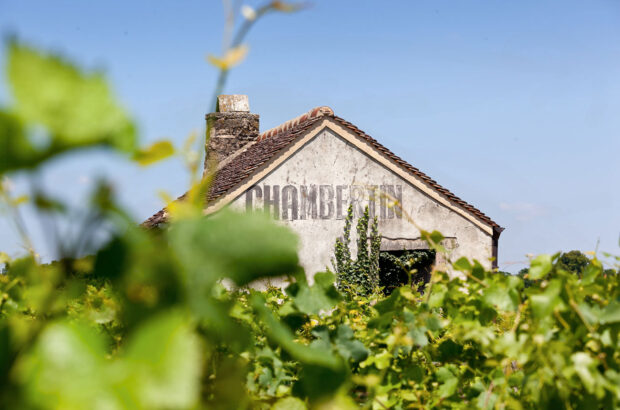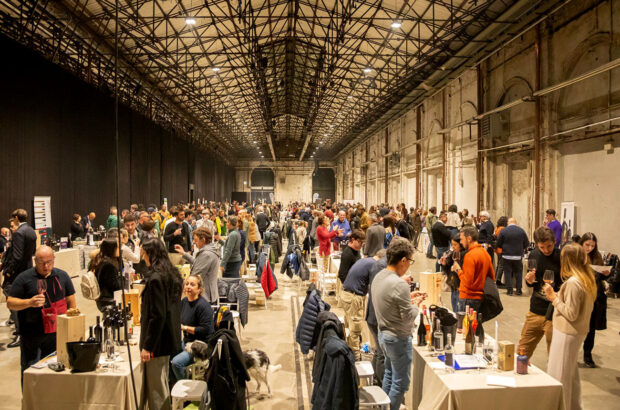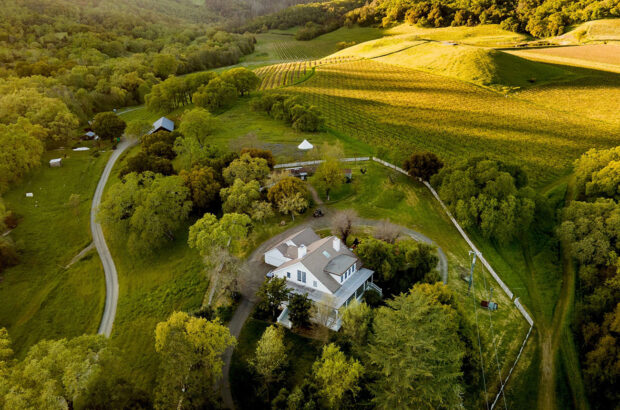Over 40 Beaujolais communes have lost the right to label their wine as Burgundy.
Morgon: not affected (image: bowlerwine.com)
This follows a decision taken on 28 September by the INAO, the wine appellations governing body, after a three-year process in which the geographic zones governing Burgundy and Beaujolais appellations have been redrawn.
Although Beaujolais producers have had the right label their wines Burgundy since 1937, it has long been a source of dispute between the two regions. Burgundy winemakers have been campaigning for tighter restrictions, particularly with the production of white wine.
Forty-three communes have lost the right to call their white wines AOC Bourgogne Blanc but will instead have to label whites AOC Beaujolais Blanc, the most basic appellation used by only around 2% of wines.
AOC Bourgogne Aligote still exists as an appellation, and two new appellations have been created: AOC Coteaux Bourguignon and AOC Bourgogne Gamay.
INAO based decisions on which communes should be included on grounds of terroir and longevity. Renowned villages like Fleurie and Morgon have not been affected.
Beaujolais can claim a partial victory, as 42 communes have retained the right to label their wines AOC Bourgogne Blanc.
At the same time, nine Beaujolais Crus (all except Regnié, because it only became a Cru in 1988) will retain the right to use the label AOC Bourgogne, with restrictions.
If the wine contains anything over 30% of the Gamay grape, the label must be AOC Bourgogne Gamay.
Another change comes with the creation of the new AOC Coteaux Bourguignon, which will replace the existing AOC Bourgogne Grande Ordinaire over the next five years. This appellation will be open to both Burgundy and Beaujolais producers.
Communes affected by the changes include Saint Lager, an AOC Beaujolais north of Lyon. Chardonnay is planted here, but it has lost the right to use the appellation Bourgogne Blanc and so will become AOC Beaujolais Blanc. About 250 hectares of Chardonnay have been excluded in total.
Jean Bougarde, director of Inter-Beaujolais, told Decanter.com they welcomed the change – adding that Burgundy should not worry unduly about Beaujolais stealing their thunder.
‘Macon producers have always worried that we in Beaujolais are going to plant heaps of chardonnay to sell as Burgundy white, but that is an unjustified concern.’
‘We welcome the clarifications, and are particularly hopeful that the introduction of Coteaux Bourgignon will be positive for consumers, but our priority has always been to produce the best Beaujolais that we can. We have just had three fantastic vintages, which have been enormously important in bringing consumers back.’
All changes apply from the 2011 vintage.
Written by Jane Anson in Bordeaux







